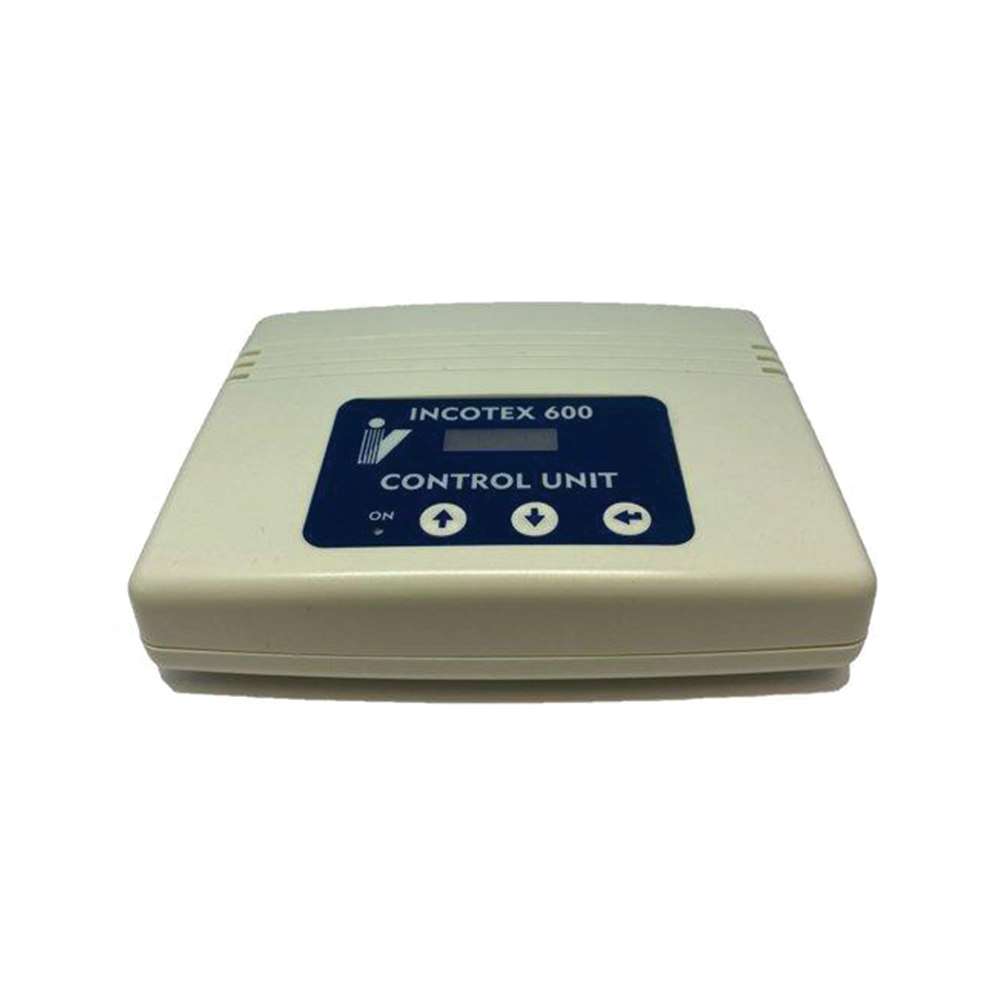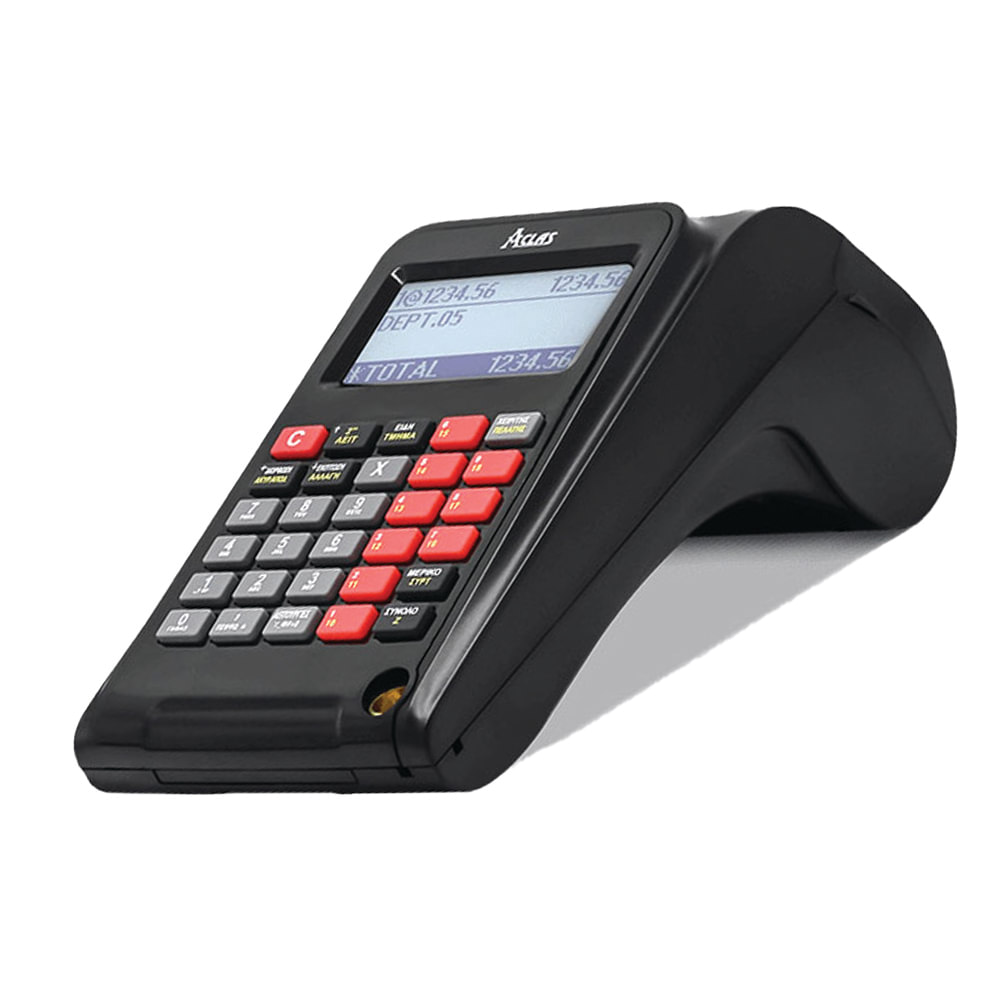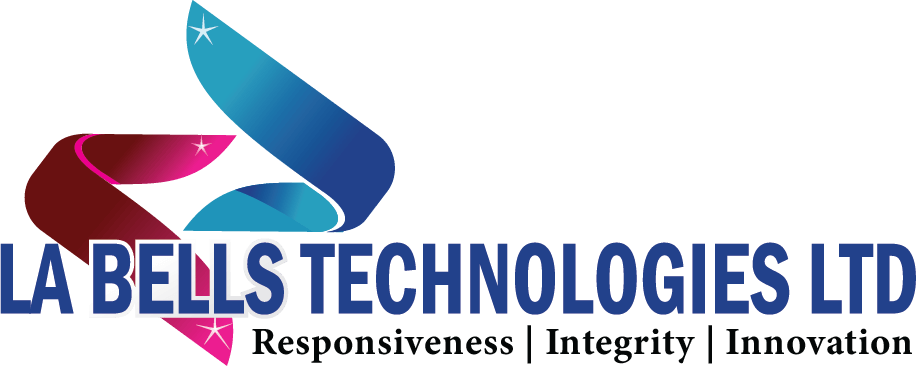Here are some common mistakes that business owners make related to electronic tax register (ETR) machines in Kenya:
- Failing to register for an ETR:
Some businesses may not realize that they are required to register for an ETR machine, or may delay registration due to the perceived cost or complexity of the process.
- Using an unapproved ETR:
The KRA maintains a list of approved ETR models and manufacturers, and using an unapproved ETR can result in penalties and fines.
- Failing to maintain the ETR:
ETR machines require regular maintenance and calibration to ensure that they are functioning correctly and accurately recording transactions. Failure to do so can result in inaccurate tax reporting and potential penalties.


- Not keeping accurate records:
Businesses are required to keep accurate records of all transactions recorded in the ETR machine, including sales receipts, invoices, and other financial records. Failure to do so can result in penalties and fines.
- Not training employees:
Business owners may assume that employees know how to use the ETR machine, but it is important to provide proper training to ensure that they are using the machine correctly and accurately recording transactions.
- Not securing the ETR:
ETR machines contain sensitive financial information and should be secured to prevent unauthorized access or theft.
- Failing to keep up with ETR regulations:
ETR regulations and requirements may change over time, and it is important for business owners to stay up-to-date with the latest regulations to avoid penalties and fines.

Overall, it is important for business owners to take ETR requirements seriously and ensure that they are using the machine correctly and in compliance with KRA regulations.

